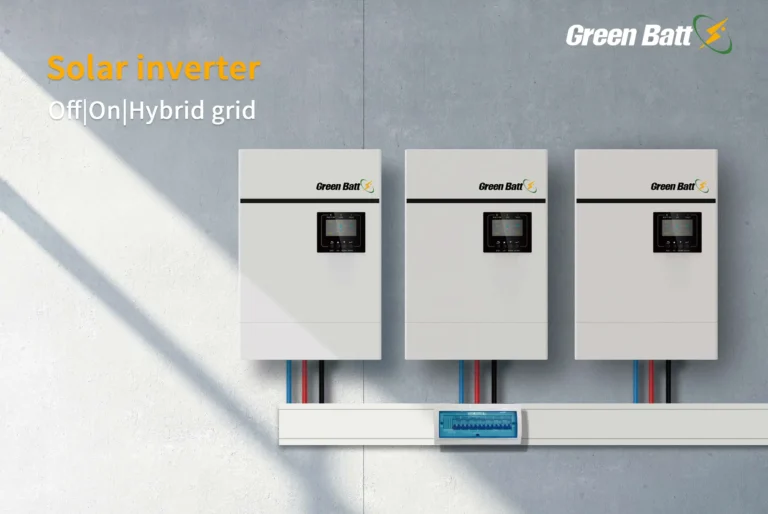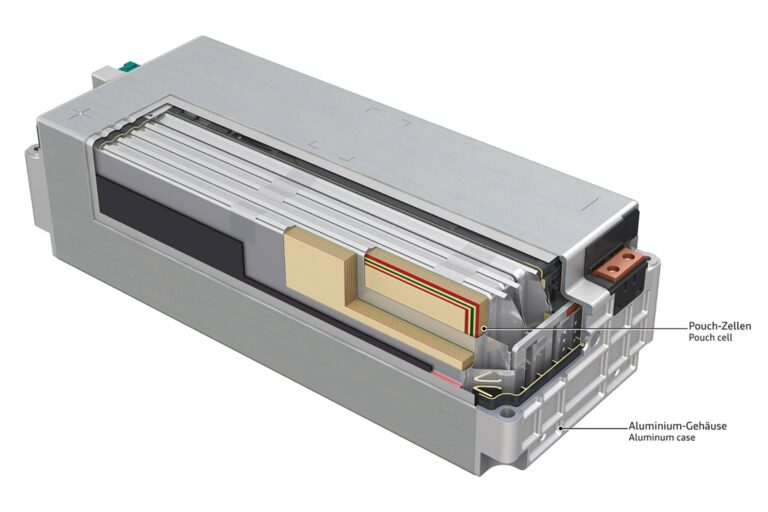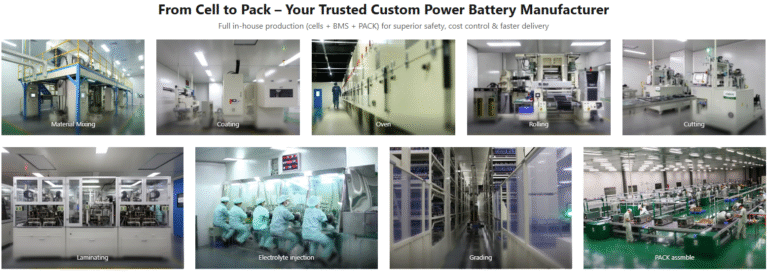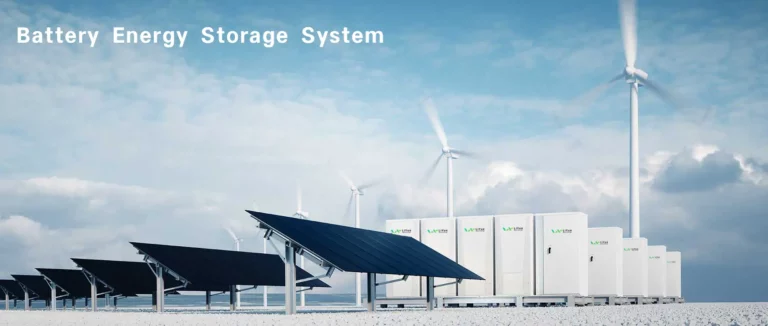Henan Liyue New Energy Co., Ltd

Battery Energy Storage System (BESS) | NatPower UK’s £12bn Clean Energy Plan
Introduction: In a major push to support the UK’s “Clean Electricity by 2030” goal, NatPower UK has announced a massive clean energy development plan. Backed by over £10 billion in private investment, the core of this portfolio is the deployment of a 12.5-gigawatt/100-gigawatt-hour Battery Energy Storage System (BESS). This ambitious initiative aims to provide critical grid stability and renewable energy storage capacity, accelerating the path to net zero emissions.
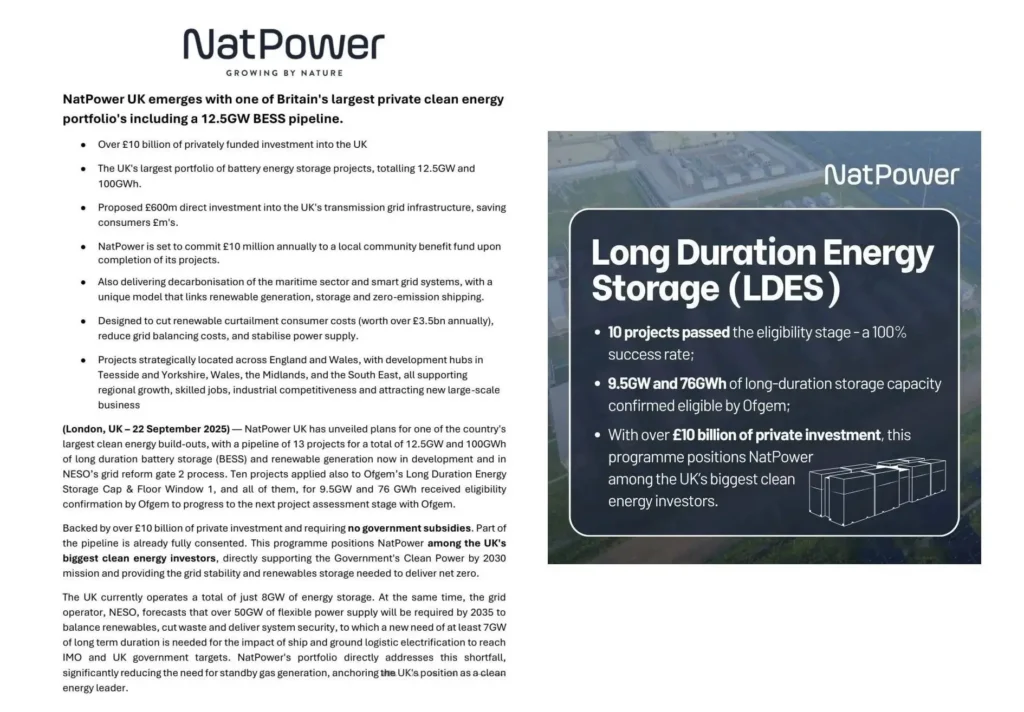
A Grand Plan to Meet the National Energy Challenge
NatPower UK’s Battery Energy Storage System plan comprises 13 projects. Its 12.5 GW pipeline has now entered the second phase of the National Energy System Operator’s grid reform process. This scale far exceeds the UK’s current total operational energy storage capacity of approximately 8 GW. According to NESO forecasts, the UK will require over 50 GW of flexible electricity supply by 2035 to balance renewable energy and ensure system security. NatPower’s investment portfolio directly addresses this significant market gap, aiming to drastically reduce reliance on natural gas-fired backup generation.
The initiative’s core strength lies in its substantial social and economic benefits:
- Reducing Energy Waste and Costs: The UK incurs £3.5 billion annually in curtailment costs for turning off wind power. NatPower’s large-scale, long-duration Battery Energy Storage System can store this excess clean electricity and release it during peak demand. This saves consumers money and reduces the need for fossil fuel backup power. Imperial College London research indicates that widespread deployment of such storage could save the UK energy system up to £3.5 billion per year.
- Strengthening Grid Infrastructure: The company plans to directly invest £600 million to upgrade the UK’s transmission grid. This includes building new 400 kV substations at key strategic locations to address grid bottlenecks. This effort is expected to accelerate the government’s decarbonization timeline by four to five years.
- Boosting Industrial Competitiveness: By providing reliable, affordable, low-carbon electricity, these Battery Energy Storage System hubs will enhance the UK’s competitiveness in key industries. These include steel, chemicals, advanced manufacturing, hyperscale data centers, and logistics.
These projects are strategically located across England and Wales, including Teesside, Yorkshire, Wales, the Midlands, and the South East. This strategic placement will drive regional growth and create high-skilled jobs.
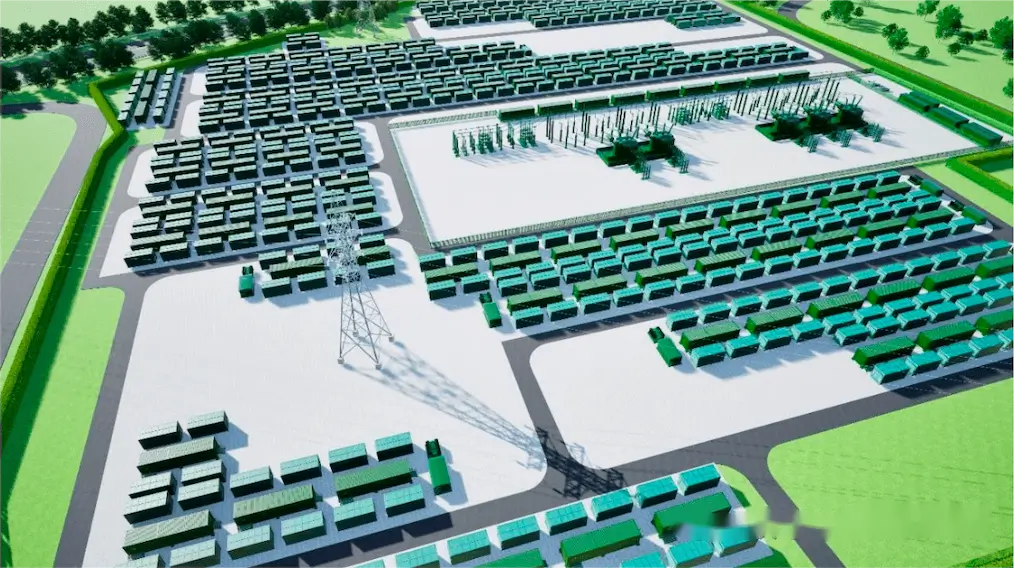
Flagship Project: The Tees Valley GigaPark Energy Storage Plant
The Tees Valley GigaPark project is NatPower’s latest flagship development and a prime example of its integrated approach. It is located on a 32-acre site within the Wilton International industrial park, owned by Sembcorp Utilities.
- Investment and Scale: This project is a £1 billion, purely private investment, requiring no government subsidies. With a planned capacity of 1GW/8GWh, it is one of the UK’s largest and longest-duration Battery Energy Storage System projects. It will initially operate at 4GWh (four hours) with the potential to double to 8GWh (eight hours). This far exceeds the typical one-to-two-hour duration of most current UK projects.
- Innovative Integration Model: The Tees Valley GigaPark is the UK’s first project to combine grid-scale energy storage with maritime electrification infrastructure. It is designed to provide “cold ironing” (shore power) for docked ships and to charge future electric vessels.
- Project Progress: The project has signed a 1GW grid connection agreement with the National Grid system operator and will connect to a 400 kV substation. It is scheduled to be connected to the grid by 2028.
As NatPower UK CEO Stefano D.M. Sommadossi stated, the Tees Valley project will serve as a blueprint. The company plans to replicate this “high-capacity renewable energy storage combined with port industry electrification” model in ports worldwide.
Creating Sustainable Communities and Environments
NatPower UK is committed not only to building energy infrastructure but also to delivering lasting social and environmental benefits to host communities.
- Community Benefit Fund: Upon commissioning, NatPower will make an annual contribution to a community benefit fund. This fund is managed by the independent charitable foundation, Evogea. Across all 13 projects, the company’s annual contributions will reach £10 million. Over time, this could potentially exceed £1 billion over the next 40 years. In particular, the Tees Valley project alone will contribute up to £2 million annually to its local community.
- Job Creation and Opportunities: The Tees Valley project will create approximately 200 jobs during construction. Additionally, it will provide ongoing operations and maintenance positions. The company is also actively engaging with local universities, environmental organizations, and businesses. This engagement aims to promote clean energy training and supply chain development.
- Biodiversity: The company has committed to achieving a Biodiversity Net Gain of over 100% at all its project sites. This commitment significantly exceeds the legal requirement of 10%. Therefore, the company aims to integrate environmental protection and habitat creation directly into the design and long-term management of its projects.
